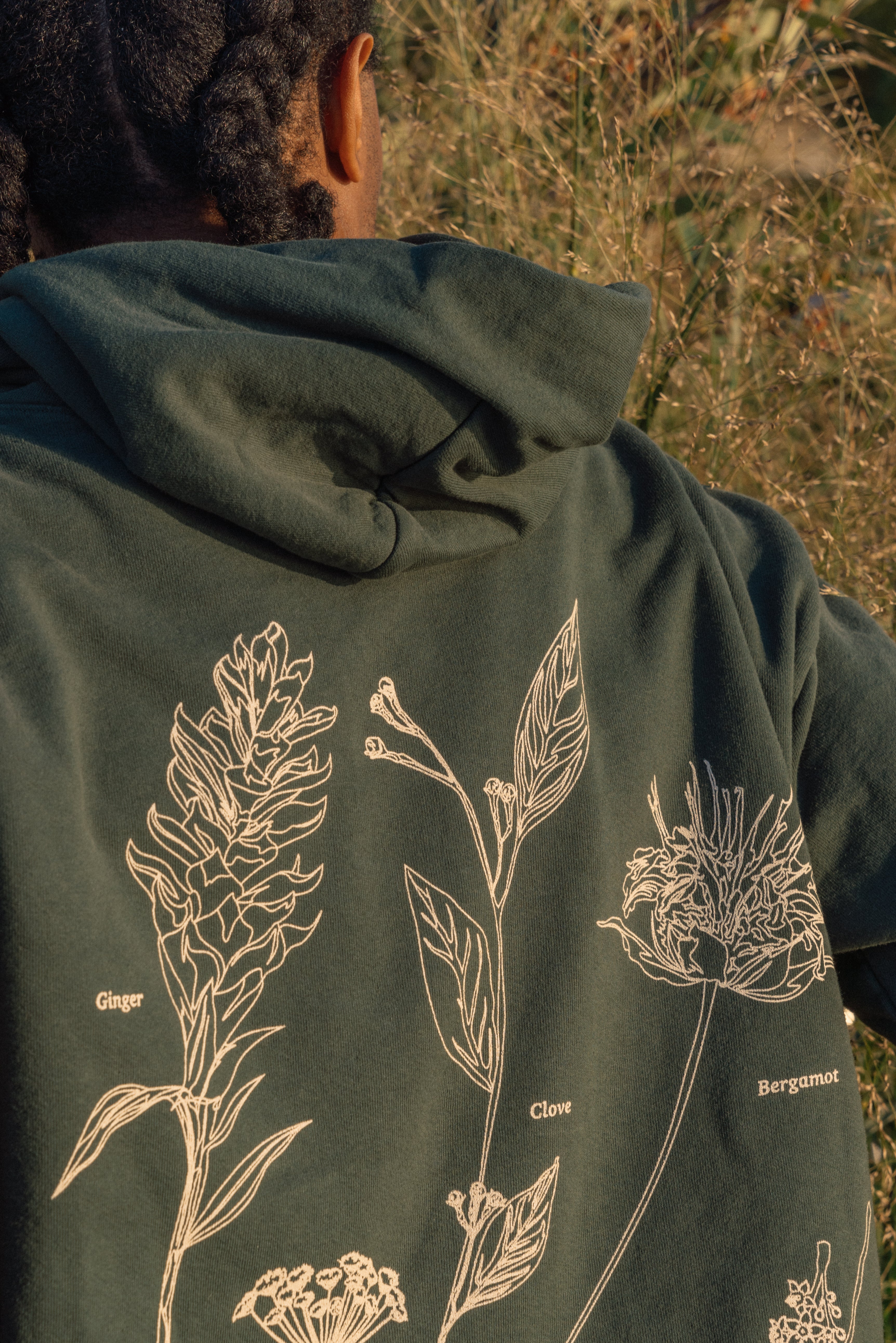CBD: (short for Cannabidiol) is a naturally-derived compound from the cannabis plant. CBD is a part of a larger group of chemicals called cannabinoids. Unlike the psychoactive cannabinoid THC, CBD is not mind-altering and won’t get you high or sedated. Many people opt to use CBD to harness the effects of the cannabis plant without the intoxicating and dependence-producing effects of THC.
CBG: (Short for Cannabigerol) Commonly known as the mother of all cannabinoids, it is the first compound formed in the cannabis plant’s life cycle. As the plant matures, enzymes convert CBG into other cannabinoids, such as THC and CBD, through a process known as biosynthesis. Similar to CBD, CBG is non-intoxicating and does not get you high like THC.
THC: (Short for Tetrahydrocannabinol) is a cannabinoid that activates neurons responsible for pleasure, memory, thinking, coordination, time, and perception. Some risks of THC are drowsiness, dry mouth, rapid heart rate, and euphoria.

